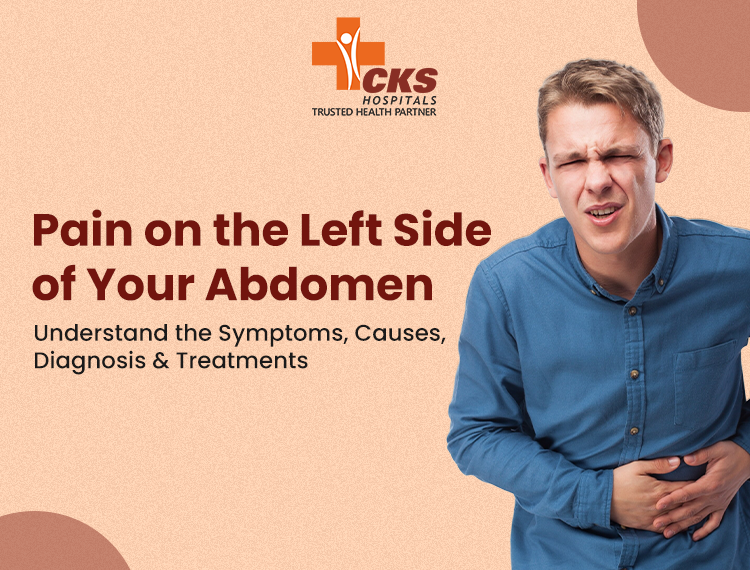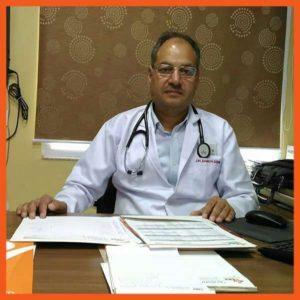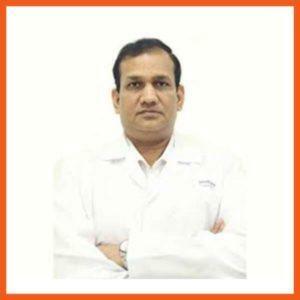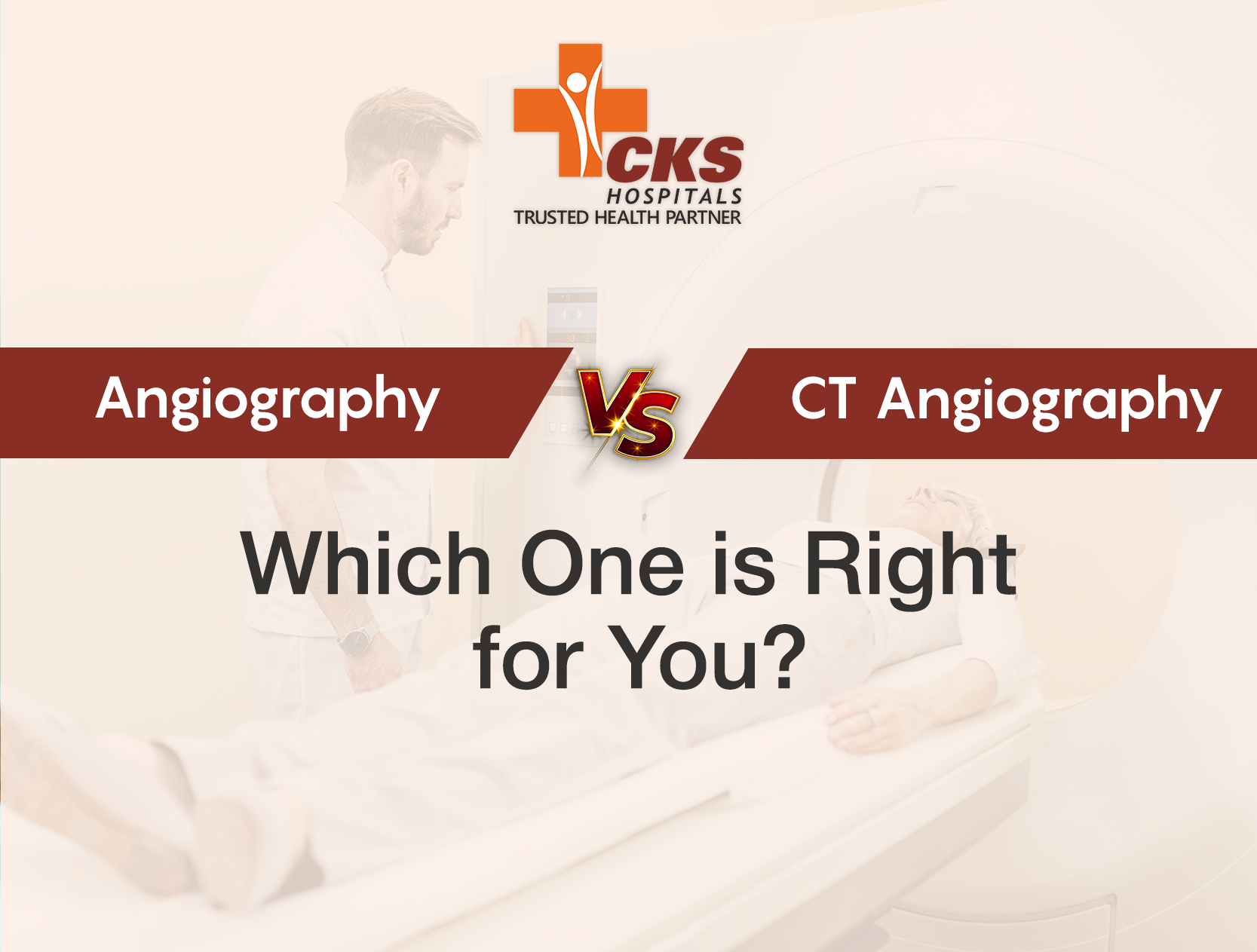Everything To Know About “Silent Heart Attack”
If we were to tell you that you could be at a potential risk of a Heart attack!!
How do you feel about it? Scared, It obvious
But, this is potentially true as the world is witnessing a significant spike in “Silent Heart Attack” cases. The reason behind such a trend comes due to a variety of factors.
The next apparent thought that might be coming to your head:
Q. I seem to be fit and healthy?
Q. I don’t experience any discomfort in performing day-to-day life activities?To gain clarity w.r.t above mentioned questions. Let’s see some supportive facts and research data as follows:
In this detailed article on a heart attacks. We are attempting to holistically cover this topic and give you definite answers related to its various aspects such as – what is a silent heart attack, what its symptoms are, what risk factors are associated with a heart attack for males and females, and preventive action to take among others.
Let’s dive in straight away
What is Silent Heart Attack?
A silent heart attack also known as silent ischemia is a medical condition where a heart attack occurs in an individual without noticeable symptoms or significant signs (they may even go unnoticed). Such symptoms are not as severe as a typical heart attack.
Because these symptoms are so minor, they are frequently confused with usual discomfort or other issues of a less intense kind. If appropriate medical assistance is not sought, there is an increased likelihood that the individual may suffer a subsequent heart attack, which could be more serious.
If You Are Looking For A Best Heart Hospital in Jaipur. CKS Hospital Provides the best heart treatment.
Is it Fatal?
Yes, this type of heart attack can also be fatal.
It’s quite possible for someone to have a heart attack and not realize it until after several weeks or months, they receive a diagnosis. People who experience a quiet heart attack may believe they have heartburn, the flu, or that they have strained a chest muscle instead of having a heart attack.
However, much like any other kind of heart attack, a silent heart attack causes the blood supply to the heart to get blocked, which can lead to damage to the heart muscle.
What are the Symptoms of a Silent Heart Attack?
The symptoms of a silent heart attack are different from a typical case. The usual signs such as chest pain, trouble breathing, and perspiration, are not present when someone has a silent infarct.
Some of the most probable symptoms include:
- ● Lethargy
- ● Discomfort and uneasiness
- ● Shallow breathing
- ● Exhaustion
- ● Chest discomfort including increased pressure, heaviness, pain, or a squeezing sensation in the chest
- ● The ache that radiates into the jaw or the arm
- ● Perspiration of ice
- ● Clammy skin Indigestion
- ● Unexplained, unexpected weariness
- ● A feeling of faintness, dizziness, or weakness that either goes away on its own or gets progressively worse to the point where the individual collapses can be another possible indicator of a silent heart attack.
The most important thing to consider here is that in many instances, the symptoms are either not experienced by the patient or fade away over time, resulting in the patient not seeking medical assistance.
Because of this, silent infarcts pose a grave threat to the heart and can have adverse long-lasting repercussions.
Top Risk Factors for a Silent Heart Attack?
The risk factors for a silent heart attack are similar to those for a recognized heart attack, and in addition to this, a silent heart attack can occur when you have the following:
- ● Hypertension (high blood pressure)
- ● History of cardiovascular illness running in the family
- ● Excessive cholesterol
- ● Smoking
- ● Obesity
- ● Age factor
Usually, a Silent heart attack happens to men and female at different ages for men it ranges over the age of 45 in women over the age of 55 or after menopause. It’s possible to have a heart attack without anyone noticing, but it doesn’t make it less hazardous.
Because frequent traumatic experiences result in scarring and damage to the heart, such individuals are at an increased risk of developing other cardiac-related issues.
What causes silent heart attacks?
It is to be noted that the same variables that can bring a regular heart attack can also get a silent one. This occurs due to the following reasons
- ● When a portion of the heart muscle does not receive sufficient oxygen and, as a result, becomes injured or passes away.
- ● A blocked artery in the heart is frequently the cause of this condition. So, largely there is no difference in the risk variables associated with heart attacks.
What happens after a silent heart attack?
Treatment for A Silent Heart Attack
As is becomes difficult to identify and spot silent heart attacks due to their mild symptoms until they actually occur. The majority of the treatment will consist of taking medications. These medications assist in increasing blood flow to your heart, preventing blood from clotting, and minimizing the risk of another heart attack.
They are as follows:
- ● Aspirin Beta-blockers
- ● Inhibitors of ACE and Statins
- ● The fish oil
In addition to the medication, leading a healthy lifestyle can assist in preventing coronary events of any kind. These are the following:
- ● Putting down the cigarette or electronic cigarette and staying away from secondhand smoke
- ● lowering alcoholic consumption.
- ● Maintaining a balanced diet low in cholesterol and fat is essential for good health.
- ● Exercising consistently
- ● Managing your stress
- ● Maintaining proper control of your blood pressure
- ● If you have diabetes, controlling your blood sugar level is necessary.
- ● Maintaining routine visits to your primary care provider for checkups.
FAQ'S
When someone has a silent heart attack, the arteries leading to the heart become blocked, preventing oxygen-rich blood from reaching the heart. People who find out later that they had a quiet heart attack may remember having trouble breathing at the time or a general sense of discomfort that caused them to lose sleep the previous night. Both of these symptoms are common indicators of a silent heart attack.
It’s impossible to predict how long a quiet heart attack may last. If symptoms are experienced, a person should seek medical assistance without delay. If the heart does not receive blood for approximately 15 minutes, it is at risk of injury. After roughly half an hour, there is little chance of reversing the harm.
It has been determined that around half of all people who survived a silent heart attack passed away within ten years of the event, which is the same mortality rate as other people who survived heart attacks.
A silent heart attack puts a person at a higher risk for secondary issues, such as heart failure and stroke.
Recent Posts
- All Posts
- Blog

Read More
Our Speciality
- Cardiology & Cardiac Surgery
- Neurosurgery
- Orthopedics & Joint Replacement
- Urology
- Gastroenterology
- Nephrology & Dialysis
- Bariatric & Metabolic Surgery
- ENT & Head Face Neck Surgery
- Internal Medicine & Critical Care
Explore More
Our Doctors

Dr Prakash Chandwani
(Chief Managing Director) Director & Head Dept of Cardiology

Dr Mahesh Goyal
Director & Head Dept of Allergy Specialist, Asthma & Sleep

Dr Mohammed Sharif
CEO & Global Operations

Dr Ghanshyam Agrawal
Consultant Dept of Neuro Surgeon

Dr Sumit Kamble
Consultant Dept of Neurology
See All Doctors

